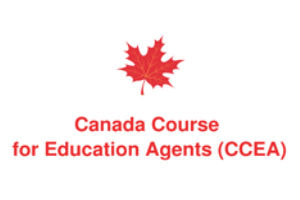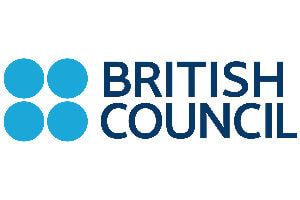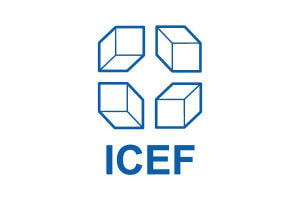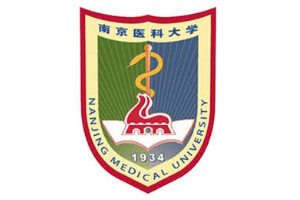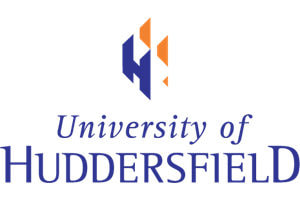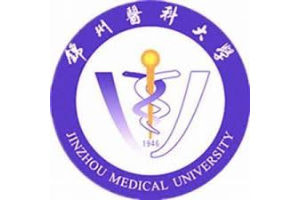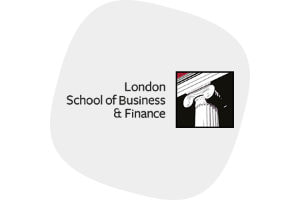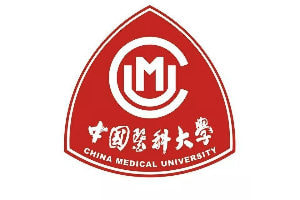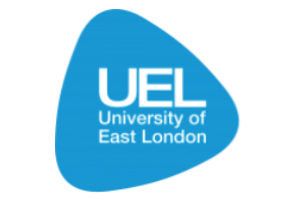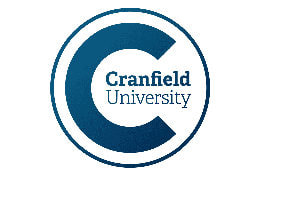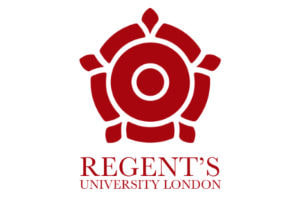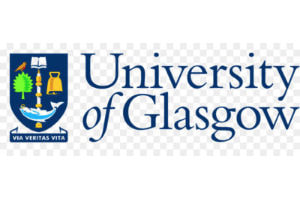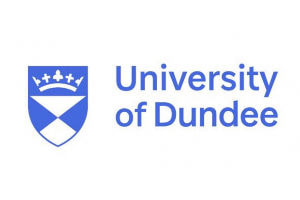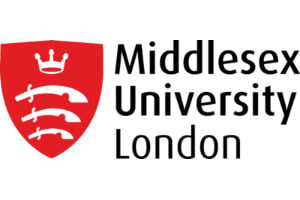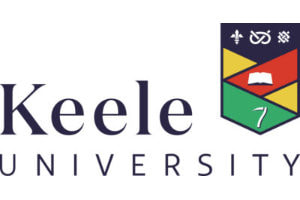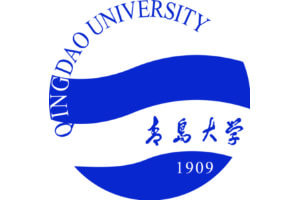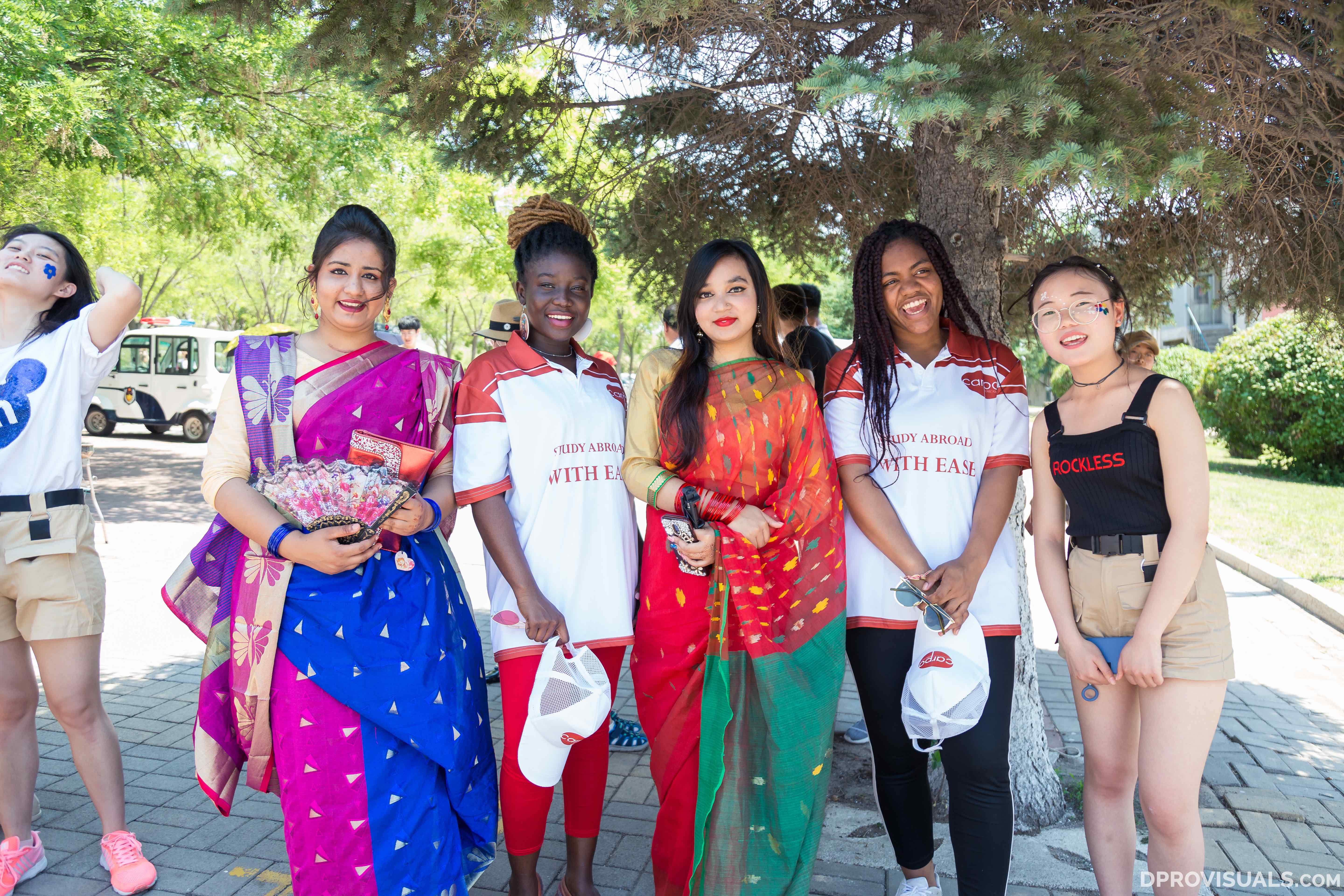
INTRODUCING STUDY IN CANADA
WHY STUDY IN CANADA
Things you need to know about studying in Canada
-
Canada is a land of rich diversity, encompassing urban sophistication and abundant nature and wildlife. It is safe yet also exciting; stable yet also filled with adventure. It features cutting-edge technology, inspiring cultural icons, and a vibrant society that is open to everyone. Canadians tend to be modern, welcoming, and open-minded.
Across Canada are examples of excellence, innovation, and beauty, all of which—along with top-notch educational institutions—make Canada one of the leading study abroad destinations in the world.
Reasons to study in Canada:
1. Canada Is a Wonderful Place to Live and Study2. Canadian Education Is World Class3 Canada Is Multicultural and Open to the World4. Canada Is Innovative5. Canada Produces Leaders6. Canada Is a Highly Competitive Economy7. Canada Is a Major Player in Collaborative Research and Development.

WORK OPTIONS FOR INTERNATIONAL STUDENTS
- Work during your studies
International students are eligible to work on and off campus while studying full-time, and will qualify for a full-time work permit after graduation. You can work up to 20 hours a week while studying and full-time during scheduled breaks.
Find out about opportunities for international students at cic.gc.ca/english/study/work.asp
- Work after graduation
As an international student graduating from a Canadian post-secondary institution, you are eligible to remain in Canada to work. Students completing a minimum two-year program of study may be eligible to work for up to three years after graduation.
STUDY OPTIONS FOR INTERNATIONAL STUDENTS
-
LENGTH
INTAKES
ADMISSION TYPE
ESL AVAILABLE (Y/N)
CO-OP/ PRACTICUM
PAGE
MASTER’S DEGREES
Y=YEARS, M=MONTHS, CR=CREDITS
C=COMPETITIVE 0=OPEN L=LIMITED SEATS
CO-OP=C PRACTICUM=P
Master of Business Administration (MBA)
1 - 2 y
Sept/Jan/May
C
No
No
25
Master of Data Science (MSc)
2 y
Sept
L
No
No
33
Master of Education (MEd)
1.5 - 2 y
Sept
C
No
No
30
Master of Environmental Economics and Management (MEEM)
1 - 2 y
Sept/Jan/May
C
No
No
25
Master of Nursing (MN)
2 y
Sept
L
No
P
32
Master of Science in Environmental Science (MSc)
1 - 2 y
Sept/Jan/May
C
No
No
34
Master of Science in Environmental Economics and Management (thesis-based) (MScEEM)
1 - 2 y
Sept/Jan/May
C
No
No
25
GRADUATE DIPLOMAS AND POST GRADUATE CERTIFICATES
Graduate Certificate in Education Studies (GCES) (Pre-MEd)
4 m + ESL
Sept/Jan/May
C
Yes
No
30
Graduate Diploma in Business Administration GDBA (Year 1 of MBA, MEEM, MScEEM)
8 m
Sept/Jan/May
C
No
No
25
Teaching English as a Second Language Certificate (TESL)
4 m
Sept/Jan/May
C
No
P
31
POST-BACCALAUREATE DIPLOMAS IN BUSINESS
Economics, Accounting, Business Administration, Entrepreneurship, Finance, Human Resource Management, International Business, Marketing, Supply Chain Management
2 y (60 cr)
Sept/Jan
O
Yes
C
25–27
POST-BACCALAUREATE DIPLOMAS & CERTIFICATES IN TOURISM
Adventure Studies
1.5 y (39 cr)
Sept/Jan
L
No
No
22
Innovation and Entrepreneurship in Tourism, Managing Festivals and Events, Resort Experience Management, Tourism Destination Development, Tourism Experience Management
2 y (54 cr)
Sept/Jan
L
No
P
22–23
Post-Baccalaureate Certificate in Tourism
1 y (30 cr)
Sept/Jan
L
No
No
22
JURIS DOCTOR
Law – Juris Doctor
3 y
Sept
C
No
P
33
UNDERGRADUATE DEGREES
Bachelor of Arts
Majors: Communication (New Media Studies & Public Relations), Criminology, Economics, Economics & Math, Economics & Political Studies, English, Geography & Environmental Studies, History, Math, Philosophy, Psychology, Sociology, Theatre
4 y (120 cr)
Sept/Jan/May
O
Yes
C
24
Bachelor of Business Administration
Majors: Accounting, Economics, Entrepreneurship, Finance, Human Resource Management, International Business, Marketing, Supply Chain Management
4 y (120 cr)
Sept/Jan
O
Yes
C
27
Double Degrees: Bachelor of Business Administration & Bachelor of Computing Science, Bachelor of Arts & Bachelor of Business Administration
*Duration: 5 years or 1 year if proper degree was obtained
5 y (150 cr)*
Sept/Jan
O
Yes
C
27
Bachelor of Computing Science
4 y (120 cr)
Sept/Jan
O
Yes
C
34
Bachelor of Education (Elementary)
*Duration: 5 years or 1 year if proper degree was obtained
5 y (150 cr)*
or 2 y*
Sept
C
No
P
30
Bachelor of Education (Secondary) Science, Technology, Engineering and Mathematics (STEM)
*Duration: 5 years or 2-year if proper degree was obtained
5 y (150 cr)*
or 1 y*
Sept
C
No
P
30
Bachelor of Engineering in Software Engineering
5 y
Sept
C
No
C
34
Bachelor of Fine Arts (Visual Arts)
4 y (120 cr)
Sept/Jan
O
Yes
C
24
Bachelor of Health Science (3rd year entry)
2 y (60 cr)
Sept/Jan
C
No
C
32
Bachelor of Interdisciplinary Studies (3rd year entry)
4 y (120 cr)
Sept/Jan
L
No
C
24
Bachelor of Journalism (Journalism, Public Relations)
4 y (120 cr)
Sept/Jan
L
No
P
24
Bachelor of Natural Resource Science
4 y (120 cr)
Sept
L
No
C
34
Bachelor of Science
Majors: Animal Biology, Biology, Cellular, Molecular, Chemical Biology, Chemistry, Computing Science, Computing Science & Mathematics, Ecology & Environmental Biology, Environmental Chemistry, General Science,
Mathematics, Mathematics & Economics, Mathematical Sciences, Molecular & Microbial Biology, Physics, Pre-professional Health Science
4 y (120 cr)
Sept/Jan/May
O
Yes
C
34
LENGTH
INTAKES
ADMISSION TYPE
ESL AVAILABLE (Y/N)
CO-OP/ PRACTICUM
PAGE
Bachelor of Science in Nursing
4 y (120 cr)
Sept
C
No
P
32
Bachelor of Social Work (3rd year admission)
4 y (120 cr)
Sept
C
No
P
31
Bachelor of Tourism Management
Concentrations: Adventure Studies, Festivals & Events, Innovation & Entrepreneurship, Resort Experience
4 y (120 cr)
Sept/Jan/May
L
No
C
23
Engineering – first & second year transfer to UBC and UVic
1 - 2 y
Sept
C
No
C
35
Forestry – first & second year transfer to UBC
1 - 2 y
Sept
L
No
35
DIPLOMA PROGRAMS
Accounting Technician
2 y (60 cr)
Sept/Jan
O
Yes
27
Adventure Guide
2 y (60 cr)
Sept
L
No
C
23
Architectural & Engineering Technology (ARET)
3 y
Sept
C
No
35
Applied Sustainable Ranching (Williams Lake campus only)
2 y (60 cr)
Aug/Nov/Jan/May
L
No
P
35
Associate of Commerce & Business Administration
2 y
Sept/Jan
O
Yes
27
Associate of Science Computing Science
2 y (60 cr)
Sept/Jan
O
Yes
C
34
Early Childhood Education
2 y (60 cr)
Sept
L
No
P
31
Events & Conventions Management
2 y (60 cr)
Sept/Jan
L
No
P
23
Horticulture Management
2 y
Aug
L
No
P
36
Instrumentation Engineering Technology
2 y (62-65 cr)
Sept
L
No
35
Management
2 y (60 cr)
Sept/Jan
O
Yes
C
27
Police & Justice Studies
2 y (60 cr)
Sept
L
No
33
Practical Nursing (Williams Lake campus only)
2 y
Sept
C
No
P
32
Resort & Hotel Management
2 y (60 cr)
Sept/Jan
L
No
P
23
Respiratory Therapy
3 y
Sept
C
No
P
32
Sport Event Management
2 y (60 cr)
Sept/Jan
L
No
P
23
Tourism Management
2 y
Sept/Jan
L
No
P
23
Visual Arts
2 y (60 cr)
Sept
O
Yes
Water & Wastewater Technology
2 y (60 cr)
Sept
L
No
C
36
CERTIFICATE PROGRAMS
Adventure Guide
1 y (30 cr)
Sept
L
No
23
Business Foundations
1 y
Sept
O
Yes
Culinary Arts Certificate (Red Seal)
2 y
Aug
L
No
23
Horticulture
1 y
Aug
L
No
36
Water & Wastewater Utilities
1 y
Aug
L
No
36
TRADES FOUNDATION PROGRAMS
Automotive Service Technician, Carpenter, Diesel Engine Mechanic, Electrician, Electrical/Industrial Mechanic, Heavy Duty Equipment Technician, Instrumentation & Control Technician, Industrial Mechanic (Millwright) Machinist, Metal Fabricator, Plumber, Welder
2 y
Varies
L
No
C
Power Engineering Fourth Class tru.ca/trades/trades-programs/power-engineering
40 wks
Sept
L
No
36
Refrigeration Mechanic tru.ca/trades/trades-programs/refrigeration-mechanic
25 wks
Sept
L
No
36
UNIVERSITY PREPARATION & STUDENT DEVELOPMENT
Adult Basic Education & BC Adult Graduation Diploma
N/A
Sept/Jan/May
English as a Second Language (ESL)
N/A
Sept/Jan/May
21
University Preparation Courses
N/A
Sept/Jan/May
21
To Study in Canada, students must have, at minimum, the equivalent of a Canadian high school (Grade 12) diploma, with an overall average of C or better (2.00 on a 4.33 scale). This average is calculated based on the grade for British Columbia English 12 (or equivalent)* and the best three additional academic Grade 12 courses.
If you have graduated from high school but do not meet the minimum grade levels, you may still be considered for admission if you have successfully completed at least 30 academic post-secondary credits at a recognized institution.
Applicants who completed high school or any post-secondary studies outside Canada must also submit:
Documentation confirming their high school completion was awarded eg SSCE or WAEC Certificate, if not already indicated on official transcripts
Proof of English language proficiency.
Documents Required:
- Official high school transcript
- Official transcripts from all post-secondary institutions attended (if any)
- Official proof of English proficiency (if applicable)
- A detailed chronological résumé to demonstrate educational achievements, work experience and progression, community involvement, volunteer experience, and other related experience
- A Letter of Intent (LOI) that clearly explains why the applicant is applying and outlines the student’s academic intentions
- A credential evaluation from a recognized service confirming equivalency if the applicant submits a credential from an unrecognized institution or if additional analysis is required by the Admissions Committee; and
- Where transcripts are in a language other than English, the applicant must provide a certified English translation from a certified translator on official letterhead.
Special Considerations:
Because Canadian University Admissions are awarded on a case by Case basis, In certain circumstances in certain universities, applicants who have not completed the equivalent of a Canadian High School (Grade 12) diploma, or who do not meet the minimum admissions requirements, maybe accepted into an undergraduate program.
Such applicants must:
- Be over twenty-one (21) years of age on or before the first day of classes
- Have been out of high school for at least two years
- Be approved by the Admissions Committee
Postgraduate taught programmes
Applicants for a master's degree will generally require a bachelor's degree from a recognized institution with a minimum class of 2:1 and a minimum GPA of 3.5/5.0.
For some courses, a good 2:2 bachelor’s degree may be acceptable.
Postgraduate research
A master's degree from a good university will allow access onto an MPhil course for those wishing to proceed to Ph.D.
Postgraduate research degrees are individually supervised and we strongly recommend that prospective applicants make initial inquiries with the potential supervisor or School before submitting a formal application.
A research proposal might be required along with your formal application. Please check with the School to which you wish to apply.
The Admission Committee may require proof of English language proficiency from applicants who attended English language-based education systems
English is the language of instruction at University Canada West. If your first language is not English, you must submit one of the following*:
- Successful completion of a minimum of 30 credits of post-secondary education from a recognized institution where English is the language of instruction and where the school is located in a country where English is an official language.
- Successful completion of University Canada West’s University Access Program (English preparation courses),
- Successful completion of other recognized English preparation courses where students have demonstrated English proficiency equivalent to an academic IELTS score of 6.5 or better,
- Successful completion of BC English 12 or English 12 First Peoples (or equivalent) with a final grade of 65% (C) or better (including the provincial exam if applicable) ) taken in Canada as part of a high school graduation program,
- Completion of International Baccalaureate English A1/A2 or English Literature and Performance,
- Successful completion of a 3 credit academic English course with a minimum C grade from a Canadian post-secondary institution. The credits must be eligible to be transferred to University Canada West as transfer credits,
- Graduation from a secondary school attended for three (3) or more consecutive years of full time education where English was the language of instruction and where the school is located in a country where English is an official language,
- Graduation from a recognized secondary school attended for four (4) or more consecutive years of full time education where English was the language of instruction but operates in a country where English is not a primary language.
The Admission Committee may require proof of English language proficiency from applicants who attended English language-based education systems if the Committee sees deficiencies in language proficiency when the application package is reviewed.
English language test scores are valid for admission purposes for a maximum of 2 years from the date of the test.
2 comentos
-
ConcettaB
Very interesting details you have observed, regards for putting up.Blog monry
-
PedroI
I like this site very much, Its a real nice place to read and obtain information.Blog monetyze


